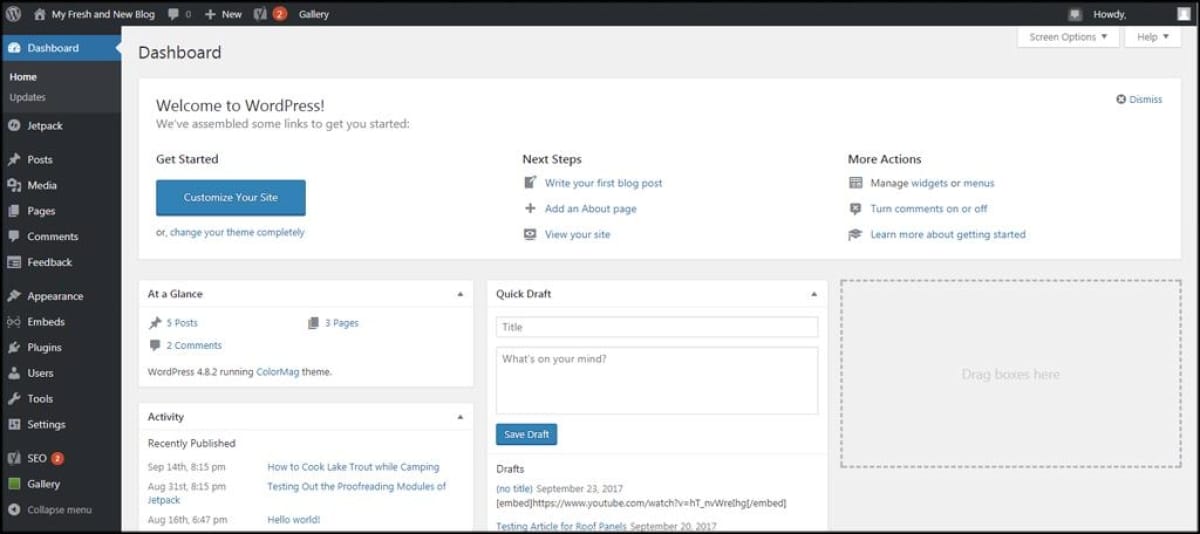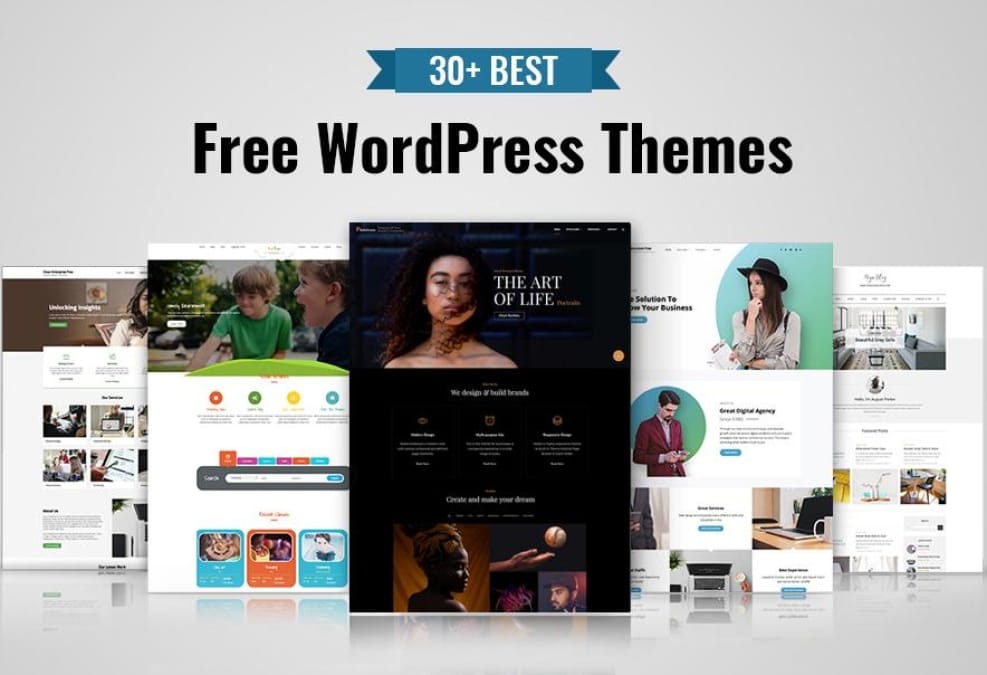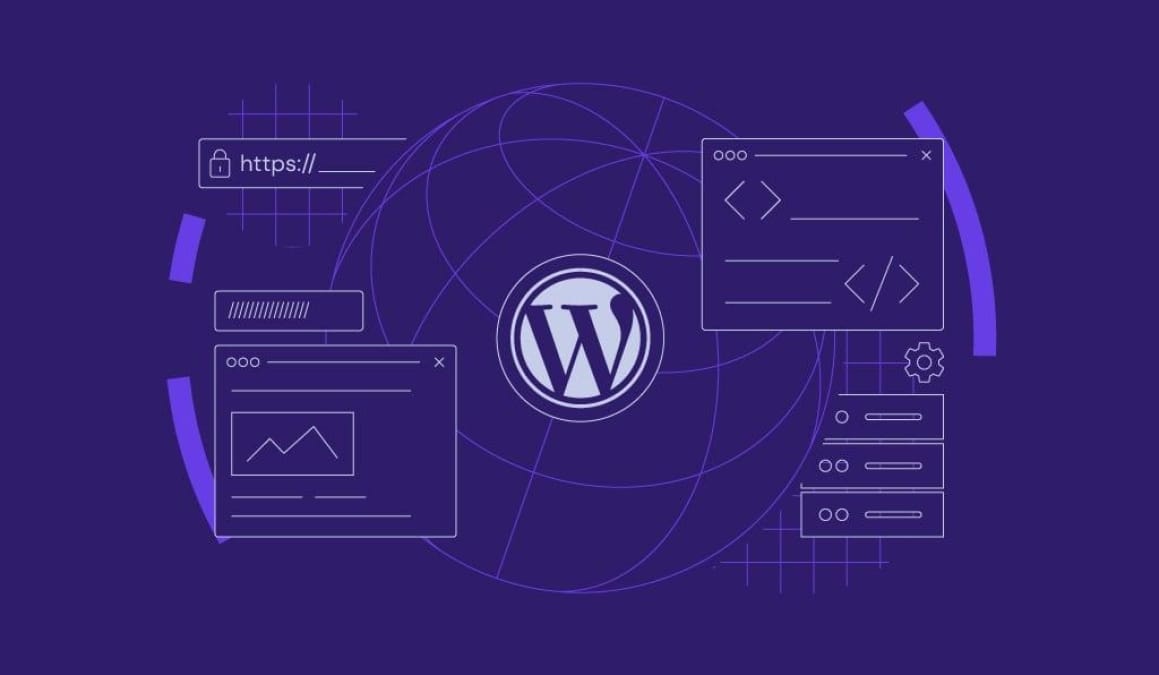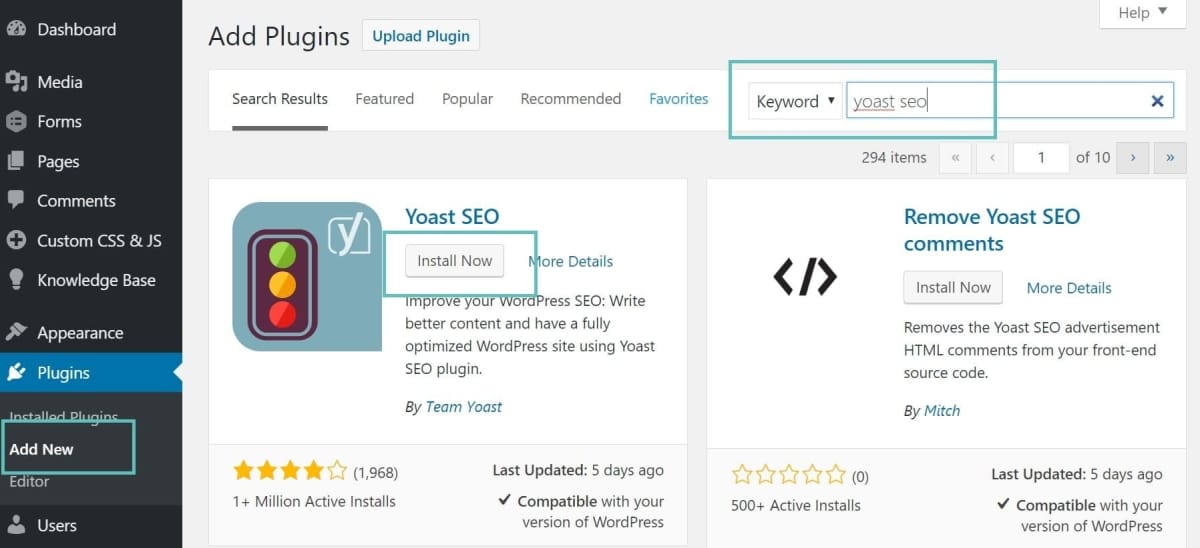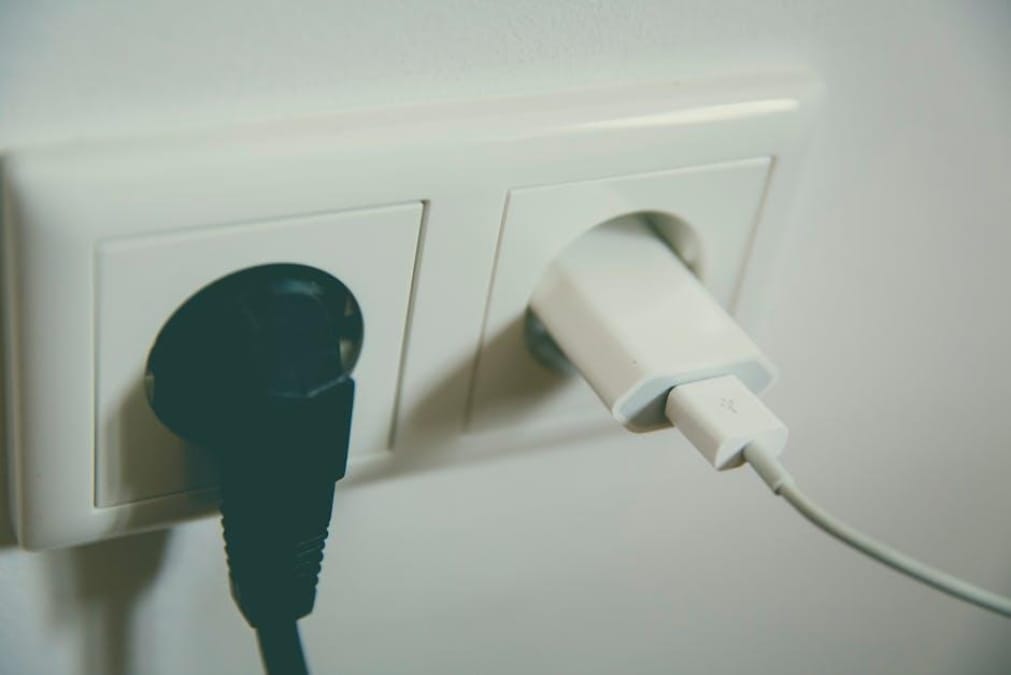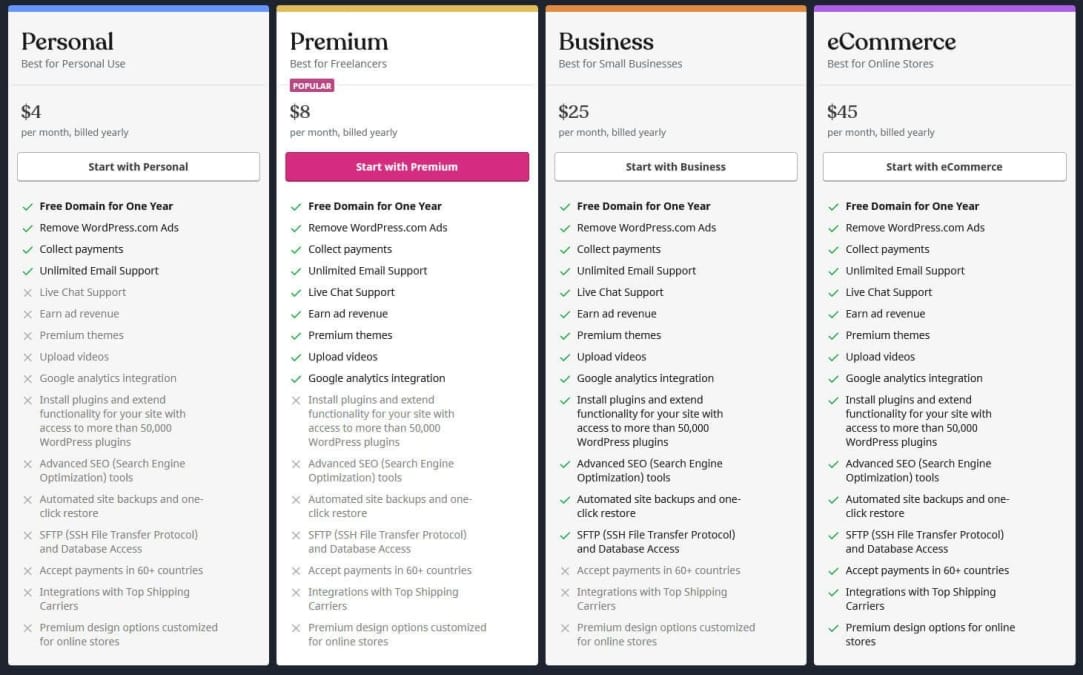In an era where every design decision can be influenced by the click of a mouse, the digital landscape has become a treasure trove of inspiration for construction enthusiasts and professionals alike. Whether you’re an architect sketching the next architectural marvel, a contractor looking to innovate your workflow, or a homeowner dreaming of the perfect renovation, the right online resources can ignite your creativity and streamline your project. In this article,we explore some of the best construction websites that not only showcase stunning designs and innovative techniques but also provide invaluable resources and insights that can elevate your next project. Dive in as we uncover these digital gems, each brimming with ideas just waiting to be transformed into reality.
Table of Contents
- Innovative Design and Architecture Portfolios
- User-Friendly Interface and Navigation Features
- Inspiring Case Studies from Renowned Projects
- Sustainable Practices Showcased in Construction
- Emerging Technologies and Trends in Construction Websites
- Q&A
- Future Outlook

Innovative Design and Architecture Portfolios
The world of design and architecture is a realm of endless possibilities, where creativity meets functionality in the most captivating ways. When it comes to inspiring your next construction project, exploring innovative portfolios can unveil fresh ideas and concepts. Those looking for a spark of inspiration will benefit from browsing websites that showcase the visionary works of architects and designers from around the globe, emphasizing sustainability, aesthetics, and urban integration. Here are some aspects to consider when exploring these portfolios:
- Unique Materials: Discover how different textures and finishes can transform a mundane space into an extraordinary environment.
- Innovative use of space: See how designers maximize utility while maintaining style, notably in smaller living areas.
- Sustainable Practices: Learn about eco-friendly designs that harmoniously blend with nature, using renewable resources and energy-efficient practices.
Another engaging trend is the integration of technology in design, which has redefined architectural possibilities. Contemporary portfolios frequently enough exhibit not only the finished aesthetic but also the design process utilizing advanced software and tools. An examination of these works might reveal fascinating interactive elements or smart home integrations that enhance the user experience. Consider the following beneficial features:
- 3D Visualization: Engage with projects presented in stunning 3D renderings, allowing a deeper understanding of the final look and feel.
- Augmented Reality: Explore how AR technology transforms client presentations, enabling real-time modifications and immersive experiences.
- Smart Technology Integration: Observe how the latest trends in IoT connectivity can redefine living and working spaces.
It’s also essential to highlight projects that embody cultural narratives and local aesthetics. Portfolios that celebrate local heritage through modern interpretations can breathe new life into traditional arcs. By understanding the context and story behind each project, inspiration can strike from the nuances of culture and history. Potential influences include:
| Design Feature | Description |
|---|---|
| Local Materials | Utilization of regional resources that speak to cultural identity. |
| Architectural Styles | Blending traditional motifs with modern design for a unique flair. |
| Community Spaces | Designs that foster social interaction and inclusivity. |

User-Friendly Interface and Navigation Features
When browsing construction websites, a user-friendly interface becomes an indispensable feature. A seamless design allows users to quickly find the information they need without unnecessary clicks or distractions. Websites that prioritize intuitive layout and clear visual hierarchies often lead visitors effortlessly through their offerings. This makes it easier to explore galleries, read articles, or contact services, ultimately enhancing the overall user experience.
In addition to aesthetic appeal, effective navigation features can greatly influence how well a website serves its audience. For example, implementing a sticky header or a well-structured menu can guide users through various sections without losing context. Dropdown menus,search bars,and breadcrumb trails are vital tools that not only facilitate exploration but also minimize frustration. Here are essential navigation elements to look for:
- Responsive Design: Adapts to different devices, ensuring a pleasant experience whether on desktop or mobile.
- Search Functionality: Allows users to quickly find specific content, boosting engagement.
- Visual Cues: Use of icons and color contrasts to highlight vital sections or calls to action.
To illustrate the impact of effective design and navigation, consider the following table that showcases exemplary construction websites known for their user-friendly experience:
| Website | User Experience Highlights |
|---|---|
| Example 1 | Intuitive layout with a prominent search feature. |
| Example 2 | Responsive design that looks great on any device. |
| Example 3 | Clear calls to action and easy navigation menu. |

Inspiring Case Studies from Renowned Projects
Throughout the construction industry, several extraordinary projects stand as beacons of innovation and creativity.As a notable example, the California Academy of Sciences in San Francisco showcases a perfect blend of sustainability and cutting-edge design. With its iconic living roof that mimics the surrounding landscape and supports local wildlife, this project not only redefines aesthetics but also considerably reduces energy consumption. Such projects highlight the potential of integrating nature with architecture, inspiring new generations to think outside the box.
Another remarkable example is the Sagrada Familia in Barcelona, a masterpiece by architect Antoni Gaudí.This iconic basilica, still under construction over a century later, reflects a fascinating culmination of art, nature, and engineering. The interplay of organic shapes and intricate facades inspires countless architects and designers worldwide. The project emphasizes the importance of vision and persistence, reminding us that great results can emerge from unwavering dedication.
Lastly, the High Line in New York City transforms an abandoned elevated railway into a lush urban park. This project showcases how repurposing existing infrastructure can revitalize communities, promote eco-friendliness, and stimulate the local economy. The strategic use of local flora and creative design elements has turned it into a celebrated public space, encouraging cities globally to rethink and reimagine their abandoned urban areas. Such transformations deliver powerful messages about sustainability and regeneration in the built environment.

Sustainable Practices Showcased in Construction
Sustainable construction not only reduces the environmental impact but also creates healthier living spaces. Many leading construction websites have begun to highlight innovative methods that embrace sustainability. Here are some sustainable practices that are gaining traction:
- Use of Recycled Materials: Incorporating recycled steel and concrete helps reduce waste and cuts down on resource consumption.
- Green Roofs: Installing green roofs can help improve air quality, reduce heat absorption, and provide insulation.
- Energy-Efficient Systems: Adopting renewable energy sources, such as solar panels and wind turbines, minimizes reliance on fossil fuels.
Another extraordinary approach is the integration of smart technologies in construction projects. These technologies can significantly enhance energy efficiency and management:
| Smart Technology | Benefit |
|---|---|
| Smart Thermostats | Optimize heating and cooling to reduce energy consumption. |
| LED Lighting | Energy-efficient lighting solutions for lower power bills. |
| Home Automation Systems | Enhance control over energy usage with remote access. |
Lastly, the concept of modular construction is revolutionizing the industry with its efficiency and sustainability. This method involves creating sections of a building in a controlled environment prior to assembling them on-site, which minimizes waste and energy use.
- Time Efficiency: Reduces construction time substantially.
- Quality Control: Ensures high standards through factory techniques.
- Less Site Disruption: Minimizes the environmental footprint during the building process.

Emerging Technologies and Trends in Construction Websites
The construction industry is rapidly evolving, embracing a range of emerging technologies that are reshaping the way projects are planned, executed, and shared online. Building Information Modeling (BIM) has become a staple, enabling architects and engineers to visualize projects in 3D. This technology not only enhances collaboration among teams but also improves the accuracy of project details, thereby minimizing costly errors. Websites that utilize BIM often include interactive models and detailed renderings, allowing clients to engage with the design even before construction begins.
Another significant trend is the adoption of augmented reality (AR) and virtual reality (VR) in construction websites. By creating immersive experiences, these technologies allow potential clients to walk through a project in a virtual environment, providing a realistic sense of space and design. Websites that feature VR simulations can set themselves apart by offering an innovative way to showcase their work, making it easier for users to envision their future projects. This trend not only enhances user engagement but also aids in clients’ decision-making processes.
Lastly, the integration of smart technologies into construction websites is gaining traction. Implementing Internet of Things (IoT) devices enables real-time monitoring of construction sites, which can be showcased through live updates on websites. Features such as progress tracking, budget management, and safety monitoring can be presented in an easy-to-navigate format. Here’s a glimpse of how some sites are effectively integrating these elements:
| Technology | Benefits | Example Site Feature |
|---|---|---|
| BIM | Enhanced collaboration & accuracy | 3D interactive models |
| AR/VR | Immersive client experiences | Virtual walkthroughs |
| IoT | Real-time project tracking | Live status updates |
Q&A
Q&A: Best Construction Websites to Inspire Your Next Project
Q1: What types of projects can I find inspiration for on these construction websites?
A1: These construction websites offer a vast array of inspiration suitable for any project—whether you’re looking to build a residential home, undertake a commercial renovation, design a unique landscape, or even create sustainable structures. Each site showcases diverse styles, innovative designs, and creative solutions to common construction challenges.
Q2: Are there websites dedicated to specific types of construction, like eco-friendly or commercial projects?
A2: Absolutely! There are several websites that specialize in niche areas of construction. For example,sites like Green Building Advisor focus on sustainable practices,while Architectural Digest and Curbed often highlight both residential and commercial projects with a keen eye on design aesthetics. This specialization allows you to explore ideas that align with your project’s specific goals.
Q3: Can these websites help me with budgeting and planning my construction project?
A3: Many of these websites not only provide visual inspiration but also offer valuable resources on budgeting and project planning. For instance, platforms like Houzz have articles and guides that detail cost estimates for various projects and offer tips for managing your budget effectively.
Q4: How can I use social media in conjunction with these websites for further inspiration?
A4: Social media platforms like Instagram, Pinterest, and LinkedIn are fantastic tools to complement your research on construction websites. You can follow hashtags related to construction and design (#ConstructionInspiration, #HomeRenovation) to discover real-time projects and ideas. Many construction firms and designers also share their portfolios on these platforms, giving you access to a plethora of visual content directly linked to trending styles and techniques.
Q5: Are there websites that explain current construction trends or innovations?
A5: Yes! Websites like Construction Dive and Builder Online are dedicated to providing industry news, trends, and insights into new materials and construction practices. These sites are excellent resources for keeping up-to-date with the latest innovations, helping you incorporate cutting-edge techniques into your projects.
Q6: Can I find online communities or forums where I can discuss ideas or seek advice?
A6: Certainly! Sites like Reddit (in subreddits like r/HomeImprovement) and Houzz forums allow you to engage with a community of builders, renovators, and DIY enthusiasts. These platforms provide a space for asking questions, sharing experiences, and gathering feedback on your ideas, making them a valuable complement to your research.
Q7: Are there any construction websites that focus specifically on DIY projects?
A7: Yes, there are several websites dedicated to DIY construction and home improvement projects. Sites like DIY Network and Instructables offer detailed guides and video tutorials that walk you through everything from simple repairs to more complex builds, empowering you to take on projects with confidence.
Q8: How do I determine which website is the best fit for my needs?
A8: The best approach is to identify the specific aspects of your project that need inspiration or guidance—be it design, sustainability, budgeting, or DIY techniques. Explore a few different websites to see which ones resonate with your vision and provide the information you find most helpful. Keeping a diverse range of resources at your fingertips will ensure a well-rounded approach to your construction project.
Q9: Can you recommend a few must-visit construction websites that stand out?
A9: Certainly! Here are a few must-visit sites:
- Houzz: A comprehensive platform for design ideas and home improvement.
- ArchDaily: The go-to for architectural inspiration and detailed project showcases.
- Building Green: Focused on sustainable building practices and eco-friendly projects.
- Bauhaus: Celebrating modern design and innovative architectural concepts.
- The Spruce: Great for DIY inspiration and practical home improvement tips.
With these resources at your disposal, you’ll be well-equipped to embark on your construction journey with fresh ideas and insights.
Future Outlook
As we conclude our journey through the vibrant digital landscape of construction inspiration, we hope you’ve discovered a wealth of resources that ignite your creativity and inform your next project. Each of the websites featured offers a unique outlook, showcasing innovative designs, cutting-edge technologies, and sustainable solutions that push the boundaries of what’s possible in construction.
Remember, the right inspiration can transform an idea into reality, turning blueprints into breathtaking structures. Whether you’re a seasoned professional or a passionate DIYer, let these online platforms serve as your creative compass, guiding you through the intricate world of construction with fresh perspectives and innovative concepts. Embrace the possibilities, and may your next project not only fulfill its purpose but also inspire those who encounter it. Happy building!

